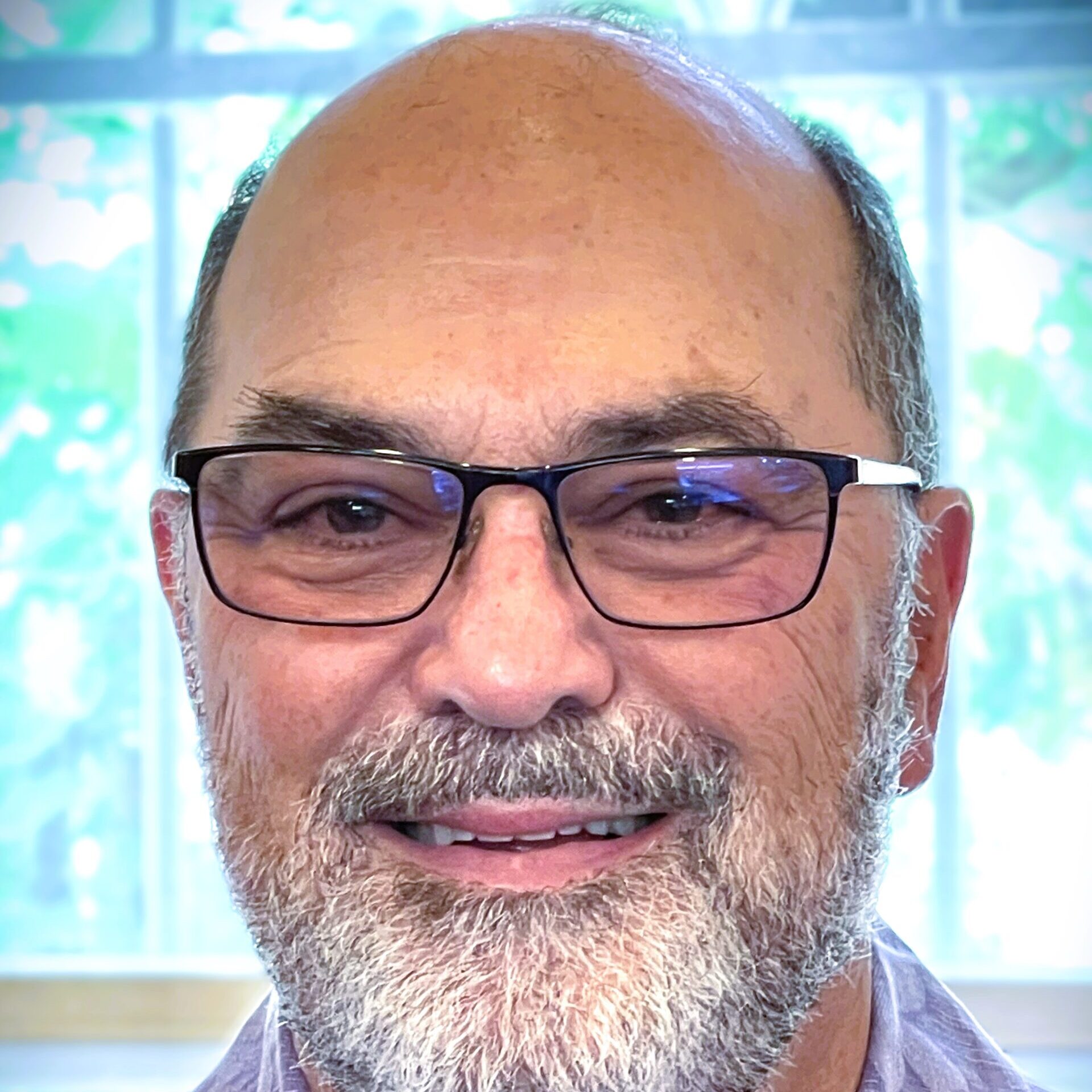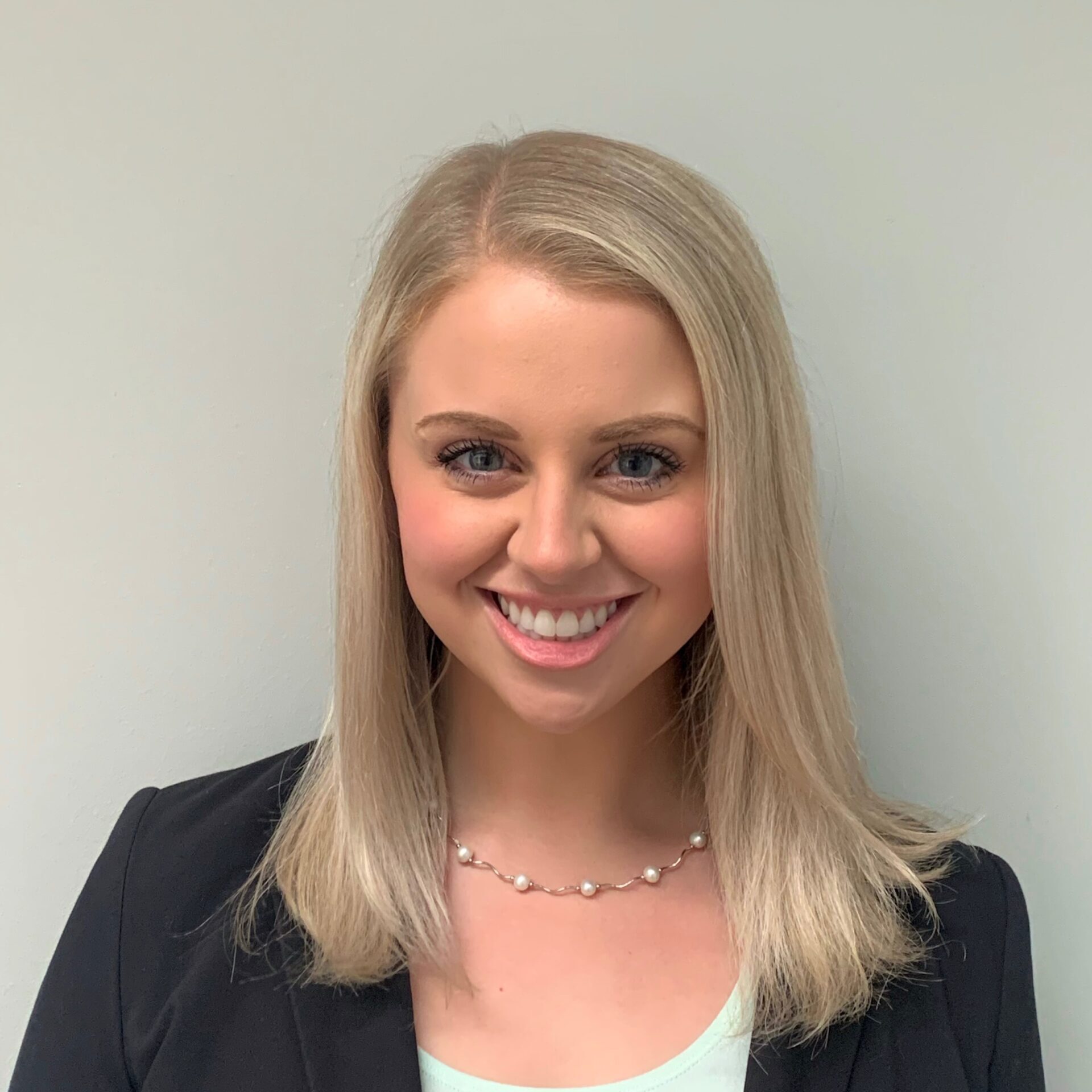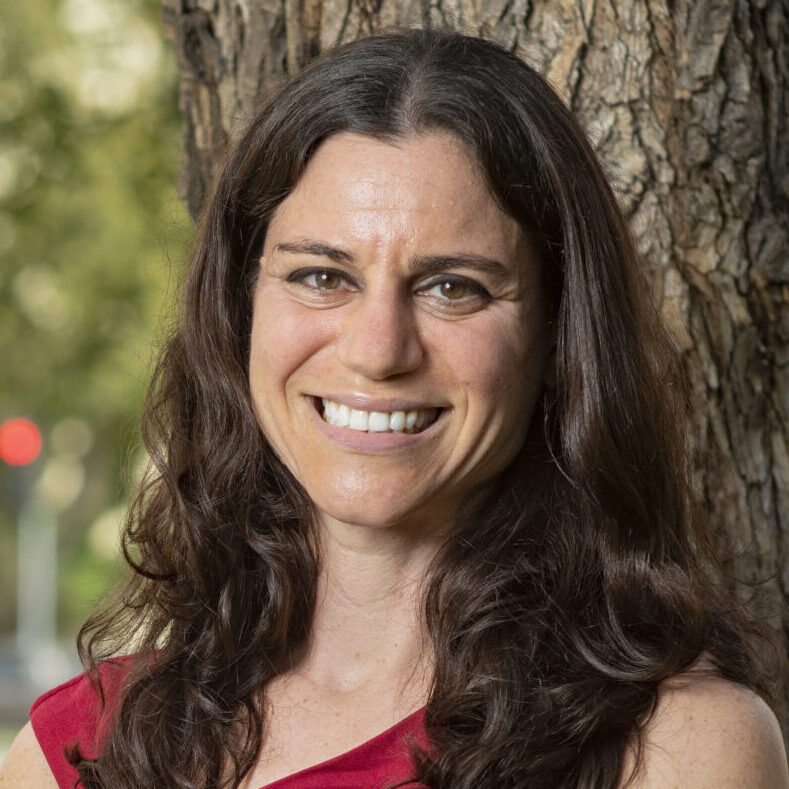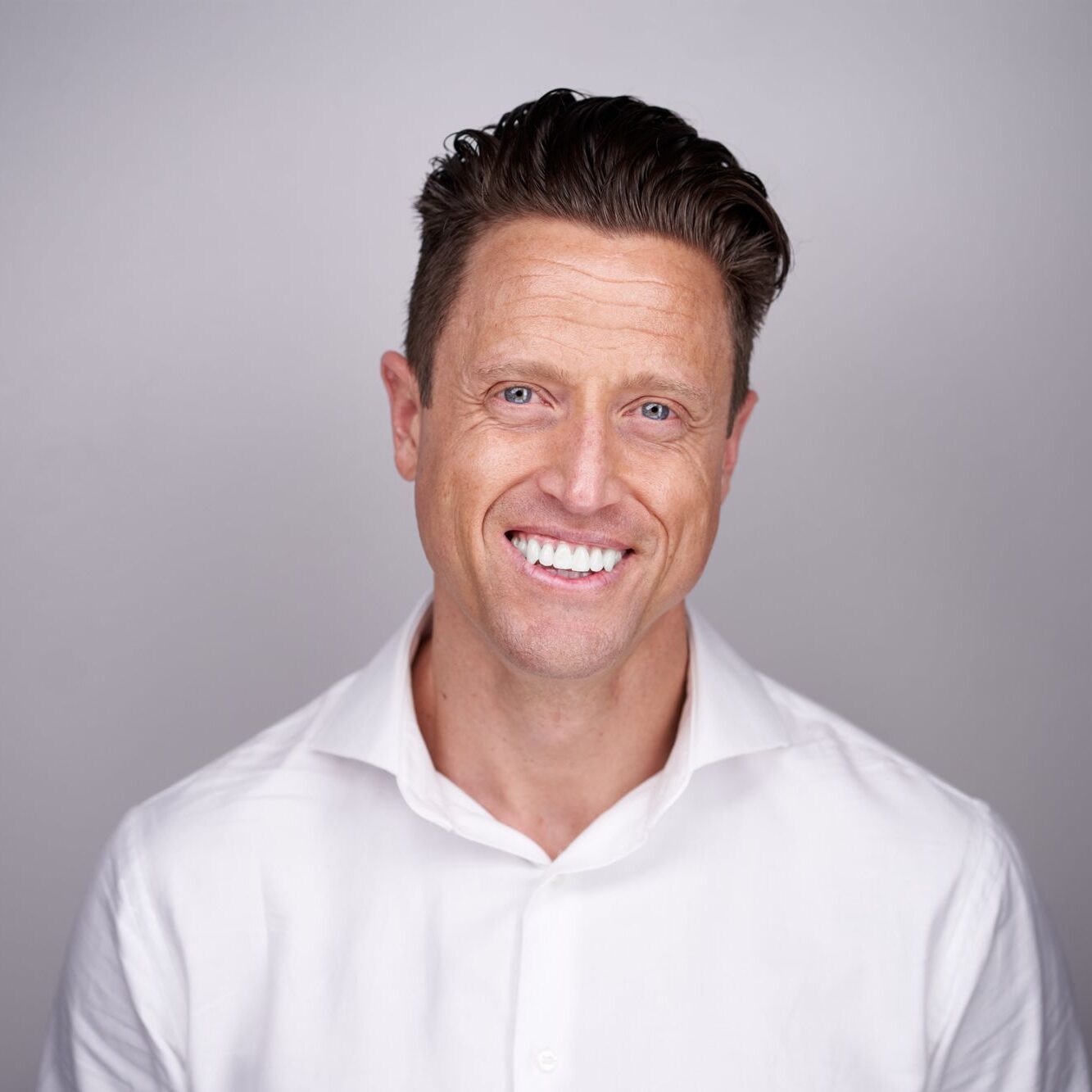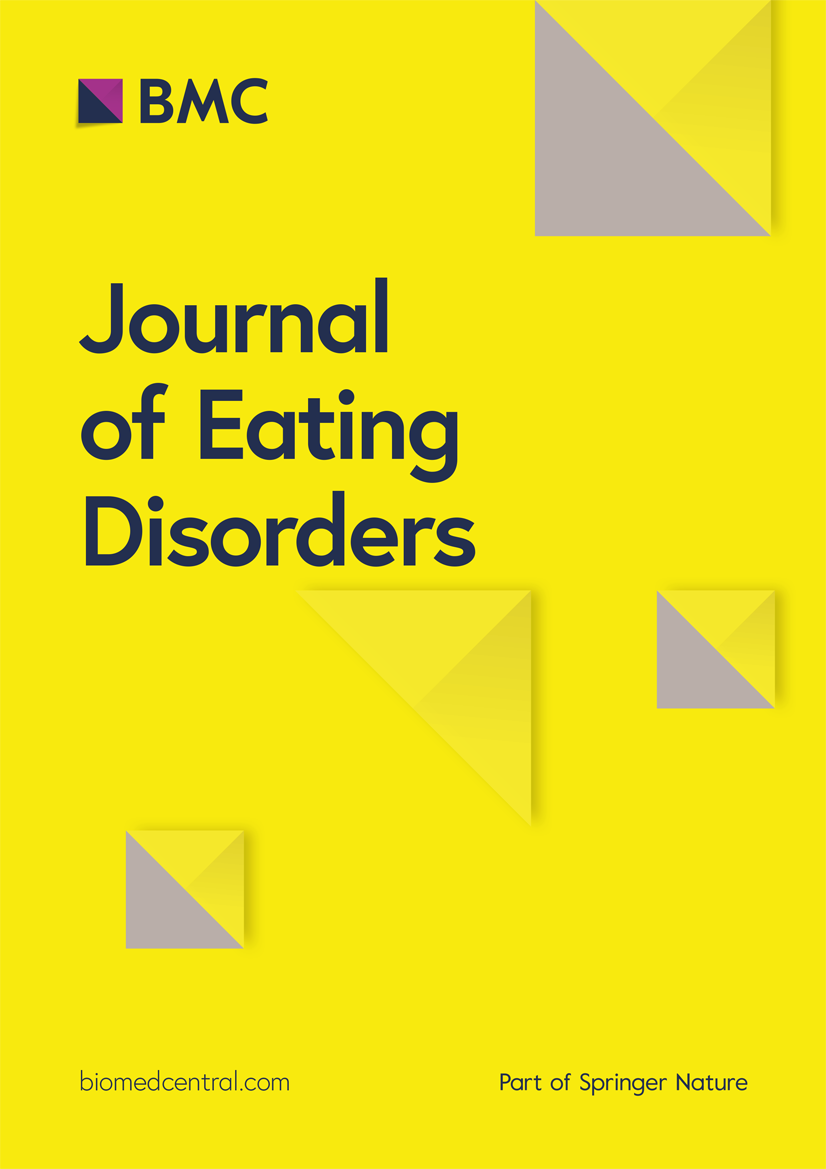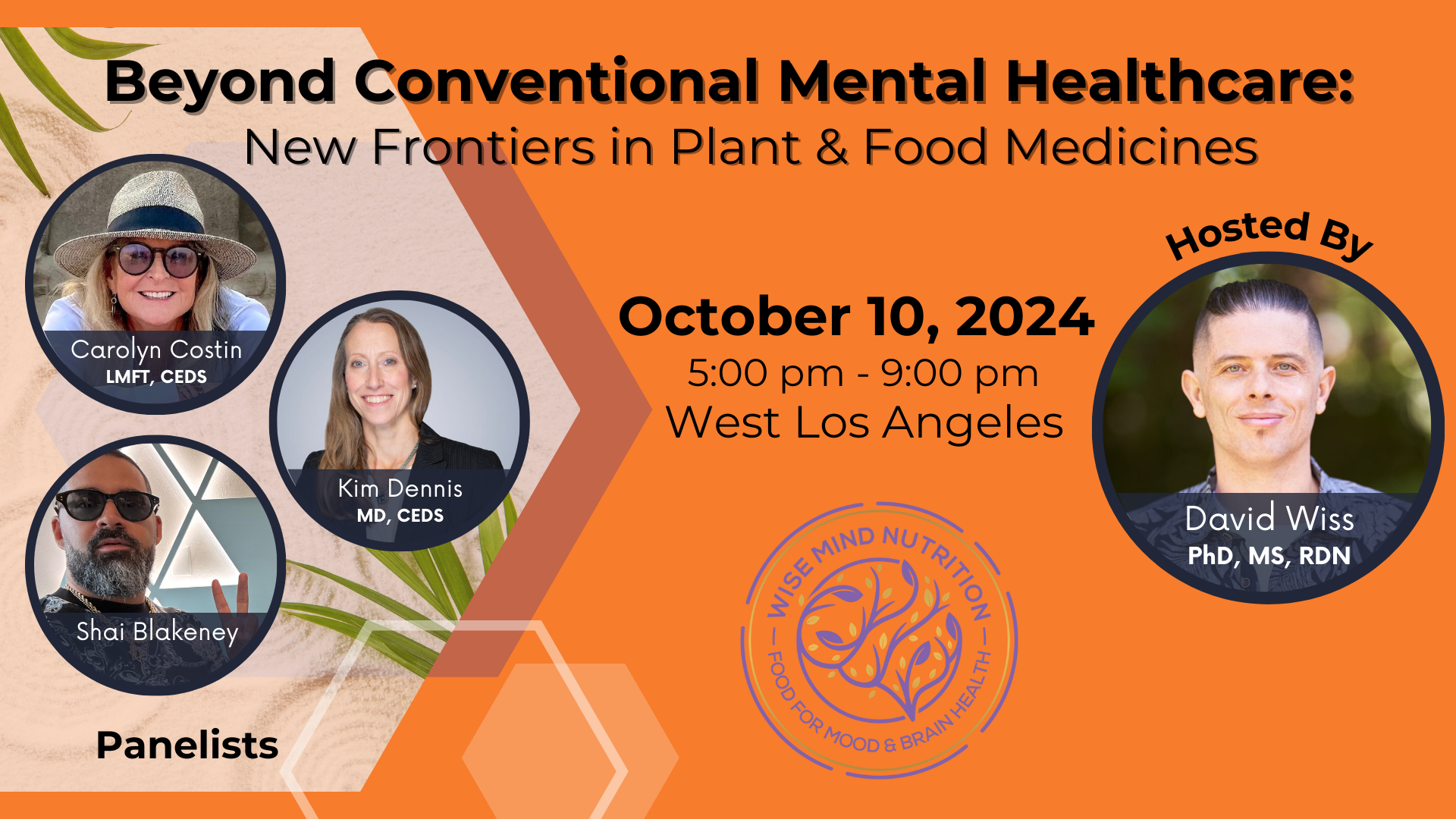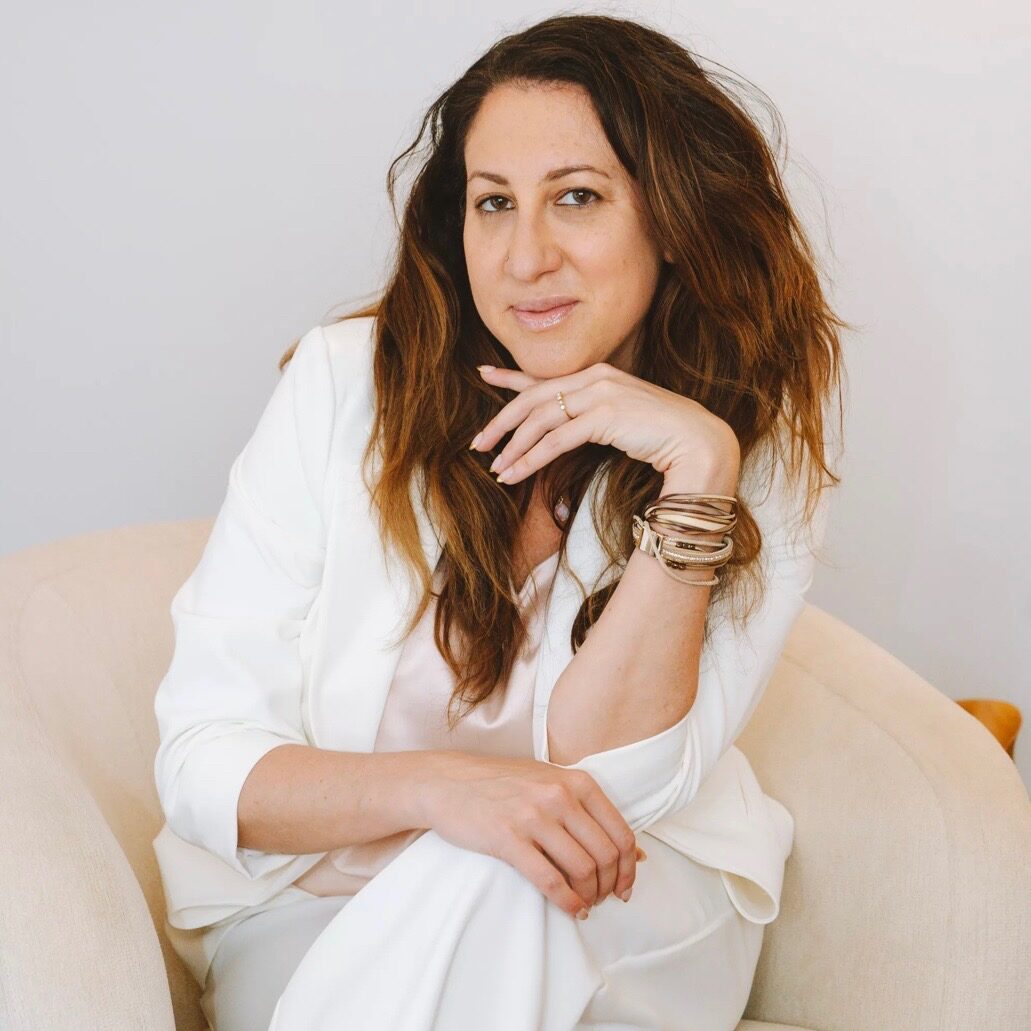About David Wiss PhD
Dr. David Wiss is an independent thinker unafraid to challenge the status quo in the nutrition field. Dr. Wiss pioneered the field of nutrition for addiction recovery and is a world-renowned expert in disordered eating. His mental health research bridges gaps between neurological, psychological, behavioral, and nutritional sciences.
Dr. David has treated over 1,000 patients in the last twelve years using a food-positive functional medicine approach through his practice, Nutrition In Recovery. Dr. Wiss has developed innovative methods for using nutrition to improve mental health without feeling like a “diet.” Dr. Wiss believes gut health is the key to brain health and wants to show you how to heal yourself and help your clients.
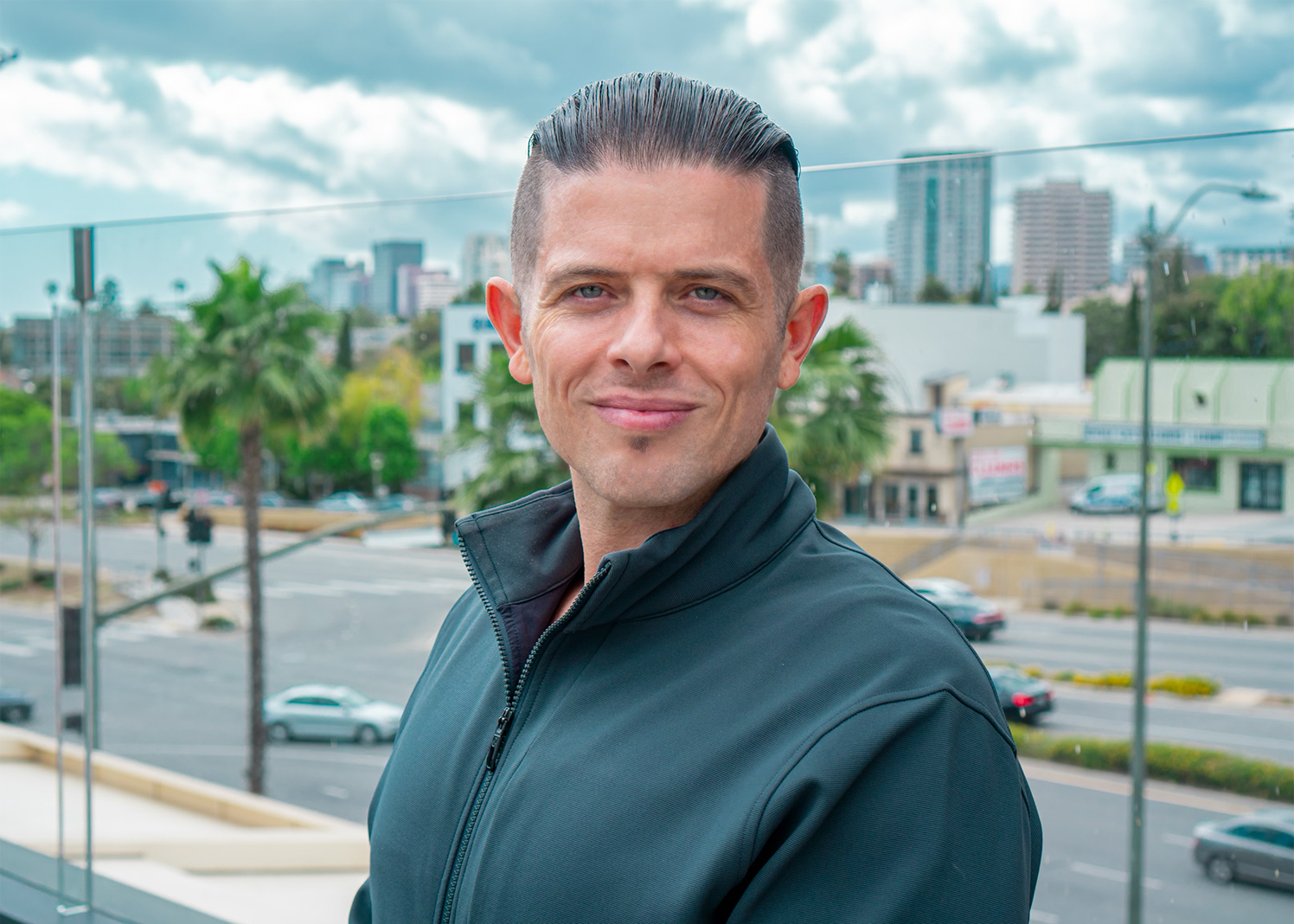
Services
Dr. David Wiss brings his twelve years of experience as a mental health nutritionist to patients, treatment facilities, institutions, academics, and the press.
Treatment
Individual and family counseling, functional medicine, group facilitation
Consulting
Professional supervision, staff training, expert opinion/quote
Speaking
Academic conferences, podcasts, wellness workshops
Collaboration
Joint efforts on research, statistical analysis, manuscript writing
Research
With over 20 peer-reviewed journal publications, Dr. Wiss is dedicated to disseminating his findings and progressive perspectives at the intersection of nutrition and mental health.
Ultra-processed foods and mental health: Where do eating disorders fit into the puzzle?
Ultra-processed foods (UPFs) like pastries, packaged snacks, fast foods, and sweetened beverages have become dominant in the…
A novel weight suppression score associates with distinct eating disorder symptoms
Weight suppression has been defined as diet-induced weight loss, traditionally operationalized as the difference between one’s highest…
Dismantling the myth of “all foods fit” in eating disorder treatment
In our opinion, it is imperative that ED clinicians challenge any all-or-nothing thinking that they may have…
Training
Dr. Wiss is available to provide trainings to your staff or organization on mental health nutrition, addictions, disordered eating, and more.
Podcasts
If you would like to feature Dr. Wiss on your podcast, please send a message and we will gladly discuss a collaboration with you.
From The Socials
Did you know the foods you eat can impact your mental health?
It won’t happen overnight, but if you start incorporating these 10 foods, weekly, you will likely see an improvement in your mood over the next few months!
Our top 10 foods are:
1) Brazil Nuts
2) Walnuts
3) Pumpkin Seeds
4) Fermented vegetables and dairy
5) Shitake Mushrooms
6) Nutritional Yeast
7) Kiwis (eat the skin too!)
8) Seaweed
9) Cacao
10) Oysters
Which of these do you eat regularly?
#nutrition #nutritiontips #nutritionalpsychiatry

Our relationship with food begins during childhood. Our food environments, our caregivers relationship with food, genetics and early childhood adversities all contribute to this relationship in adulthood.
Do you struggle with your relationship with food, or making changes to your diet?
This could be in part because of your early experiences with food. Learning more about them could be the missing piece in making meaningful changes!
#trauma #traumahealing #traumarecovery #traumainformed

If you’ve you’ve struggled with eating, whether that’s over-eating, under-eating, confused eating, or conflict eating, there is often some form of disconnection present. It may be a physical disconnection from your bodies hunger and fullness cues, or an emotional disconnection.
Discovering a balanced relationship with food is about finding the sweet spot between “making it happen”, and “letting it happen”. This will look different for everyone - what does it look like for you?
#nutrition #mentalhealth #wisemindnutrition

The best way to understand the link between diet and mental health is through the immune system. Inflammation that starts in the gut can travel to the brain and lead to neuroinflammation. There is not one single way to reduce inflammation in the gut but the best place to start is by eating real food!
#nutrition #mentalhealth #guthealth #nutritiontips #brainhealth

The debate between food addiction and emotional eating is ongoing.
This is a space where nuance and context are increasingly important for better outcomes!
#nutrition #emotionaleating #foodaddiction

Hot take - nutrition for physique is out, nutrition for mental health is in!
The more we learn about the microbiome, the more we recognize the need to prioritize it as much as our own bodies.
We are outnumbered! There are roughly 10x more bacteria living in and around us than we have human cells.
We are only beginning to learn the extent to which our microbiomes impact our own health and well being. Beyond aiding in digestion and immune function, the science is showing a significant relationship between gut health and mental health.
Is it time we start prioritizing feeding our microbiomes?
#nutrition #mentalhealth #guthealth #microbiome #health #wellness

We often hear - “if you eat better, you will feel better”. While this certainly is true for many, sometimes it feels unattainable to change nutrition habits if you are already feeling low.
We like to say “feel better to eat better”, which we call the side door to nutrition.
Making changes to feel better such as getting better sleep, reducing caffeine, meditating, etc, can be empowering to make the necessary nutrition changes later.
Beginning a new habit change is the hardest part. There are many ways to get there!
#nutritiontips #mentalhealth #lifestyle #health

Late night sweet tooth snack agenda is: frozen fruit, nuts, and dark chocolate. There’s no reason why dessert can’t also be nutritious.
Drop your favorite late night snack in the comments 🙌🏼
#sweettooth #frozenfruit #nutritiontips


